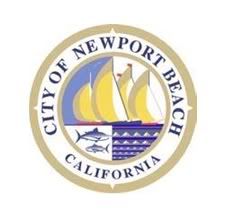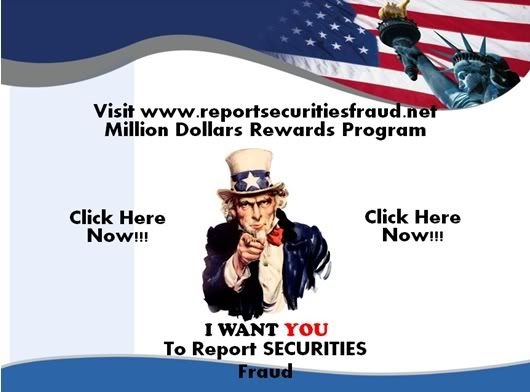Washington, D.C., Dec. 13, 2011 — The Securities and Exchange Commission today charged an options trader in the Chicago area with violating short selling restrictions when he failed to locate and deliver the shares involved in short sales to broker-dealers and their institutional customers.
The trader agreed to pay more than $2 million to settle the SEC’s charges.
According to the SEC’s order instituting administrative proceedings, Gary S. Bell violated the “locate” and “close out” requirements of Regulation SHO, which require market participants to locate a source of borrowable shares prior to selling short and to deliver those securities by a specified date. Market makers who ensure liquidity in the market are excepted from these requirements if they are engaged in bona-fide market making activities in the security for which the exception is claimed.
The SEC’s order finds that Bell improperly relied on the market maker exception in his line of business that essentially loaned large amounts of hard-to-borrow stock to broker-dealers, who then provided their customers with locates on those shares and lucrative stock loans of those shares. The customers then sold short certain securities that they may not have otherwise been able to without Bell’s participation. However, because the stock being provided by Bell was not truly available for delivery to the broker-dealers or their short selling customers, Bell actually was effecting illegal “naked” short sales.
“Bell avoided the cost of borrowing shares while engaging in complex short selling transactions, thus earning significant profits with minimal risk and gaining an advantage over legitimate participants in the market,” said George S. Canellos, Director of the SEC’s New York Regional Office. “We’ll continue aggressively to pursue and punish abusive short sellers who attempt to circumvent regulatory requirements to make more money.”
According to the SEC’s order, Bell effected naked short sales from December 2006 to June 2007 while working as a broker-dealer himself and then later as the principal trader at Chicago-based broker-dealer GAS I LLC, which is no longer in business. Bell and GAS engaged in two specific types of transactions that violated the locate and close-out requirements of Regulation SHO. The first type of transaction — a “reverse conversion” or “reversal” — involves selling stock short and simultaneously selling a put option and buying a call option on the stock. The second type of transaction is a combined stock-and-option transaction that is essentially a sham and creates the illusion that the party subject to a close-out obligation has satisfied that obligation by buying the same kind and quantity of securities it has sold short.
The SEC’s order finds that Bell’s and GAS’s transactions created the false appearance of compliance with the requirements of Regulation SHO. The shares that were apparently purchased in the transactions were never actually delivered because they were purchased from a “naked” short seller, and left Bell and GAS with persistent “fail-to-deliver” positions, meaning that they did not deliver shares to make good on their sales of stock. The market maker exception to Regulation SHO was not available to either Bell or GAS because they were not engaging in bona-fide market making activities in these securities. As a result of his short selling violations, Bell received ill-gotten gains of at least $1.5 million.
















No comments:
Post a Comment